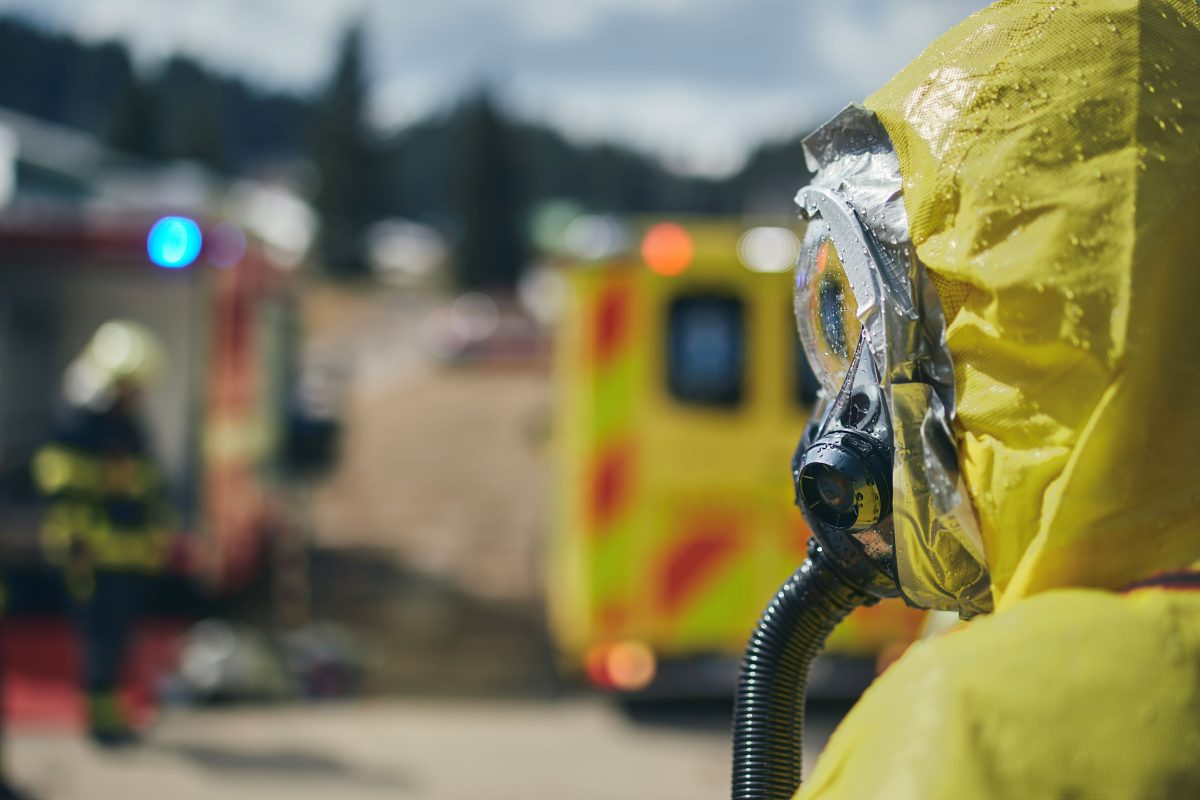
When it comes to what can and cannot be imported into Australia – whether they are material goods, food or plant matter, medications, or seemingly innocuous goods – always check with the relevant agency, the ABF says. Photo: Chala Bala.
Australians are being urged to be more aware of domestic and importation laws after a Sydney man made headlines for importing and possessing nuclear material.
The advice came in a joint statement from the Australian Border Force (ABF), the Australian Safeguards and Non-Proliferation Office (ASNO) and the Australian Nuclear Science and Technology Organisation (ANSTO).
The Sydney man is a collector who wished to own a complete set of the periodic table’s elements, which includes nuclear materials uranium and plutonium. A court heard that the man also had a stamp and coin collection.
He became the first person charged under the Nuclear Non-Proliferation (Safeguards) Act 1987 for the importation and possession of nuclear material without the relevant permits, as well as other offences under the Customs Act 1901.
The ABF investigation to determine whether radiological items were present began after a package was stopped upon arrival in Australia in May 2023. The ABF’s Counter Proliferation group then launched an investigation in July that year, with assistance from ASNO and ANSTO, to examine earlier suspected importations of prohibited items, specifically nuclear material and radioactive substances.
In court, it was stated that the 24-year-old man had imported items including radium, thorium, lutetium, depleted uranium and plutonium between December 2022 and May 2023 without the proper permits and documentation.
A warrant was executed at a home in Arncliffe on 17 August, 2023, where items were seized for examination.
Federal and state agencies and taskforces were involved, including the NSW EPA, the AFP and the Joint Counter-Terrorism Taskforce (JCTT). The operation was led by the ABF, acting under expert advice from the Department of Defence and the ANSTO and the ASNO.
“The importation of nuclear and radiological material must be closely scrutinised and requires authorisation,” ABF Superintendent James Ryan said. ”The ABF remains committed to protecting the Australian community from all threats which can cross the border.
“Whether it’s driven by intent to cause harm or simply a lack of understanding of the regulations, the ABF will ensure we protect Australia’s national security and the community.
“This was an extremely complex and sensitive investigation, and one whereby ABF and our partner agencies are world-leading in our response.”
The man pleaded guilty to a variety of offences but was given a non-conviction order with two conditional good behaviour bonds as Judge Leonie Flannery found that the accused had no malicious intent.
“I hope this example can be used as an education tool for people to be aware of the regulatory frameworks around what can and cannot be imported into Australia – whether they are material goods, food or plant matter, medications, or seemingly innocuous goods. If in doubt, always ask the relevant agency,” Superintendent Ryan said.


